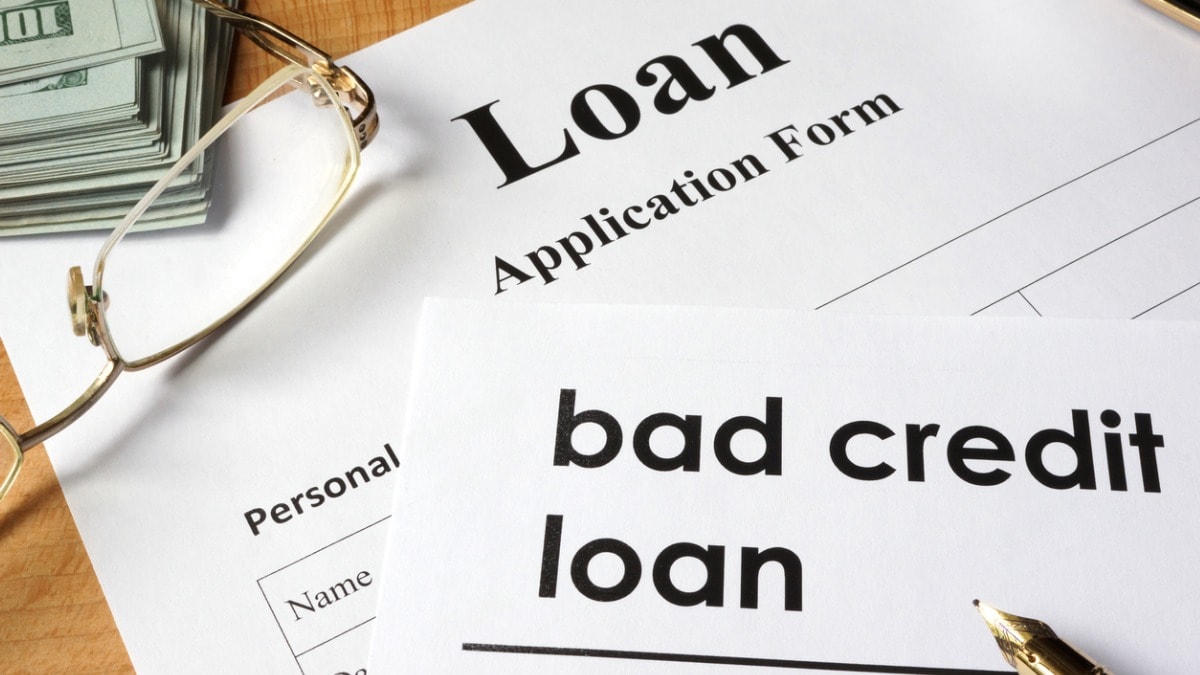Applying for a car loan is stressful enough even when you can trust lenders. Some lenders make it worse with undisclosed charges, deceptive advertising, and applying payments to loans in misleading ways.
A Catalog of Actions Already Taken
The federal watchdog agency charged with policing the financial industry has released a new report investigating abuse in car loans. The Consumer Financial Protection Bureau (CFPB) found “illegal practices in auto finance, including lenders repossessing consumers’ cars after the borrower made timely payments or received loan extensions.”
Related: How to Get the Best Car Loan Interest Rate
The agency pursues each case individually. For most of the incidents it cites, the CPB has already forced changes in lenders’ behavior. The report lists enforcement actions the agency has taken over the past year.
“Borrowing to buy a vehicle is one of the largest sources of household debt for American families, and many deal with unnecessary costs and challenges paying for their car,” said CFPB Director Rohit Chopra. “The CFPB will take action against auto-finance companies that charge fees for nonexistent services, or repossess cars after borrowers make payments.”
Useless Loan Add-Ons, Tedious Cancelation Processes
Among the findings:
- Some lenders “mailed prescreened advertisements marketing rates ‘as low as’ specified APR rates to consumers who in fact had no reasonable chance of qualifying for or being offered rates at or near that level.” Actual rates were often more than double the advertised rate.
- Some “erroneously repossessed” cars from consumers who had reached payment agreements with their lenders or obtained COVID-19-related deferments.
- Others added on useless loan products, like GAP insurance, without disclosing them to borrowers. This was particularly common with refinanced loans. Some made it unreasonably difficult for consumers to cancel the services. In one case, the bureau notes, loans required borrowers “to make two in-person visits when canceling the product, one visit to cancel where the servicers required the consumers to speak to the general manager of the dealerships and a second to pick up the refund check.”
The agency has already reached agreements with many lenders to end the abusive practices. But they serve as a reminder that, for most of us, shopping for a new car involves two separate steps – finding the right loan, and finding the right car.
Related: Bad Credit Car Loans: Everything You Need To Know
Shoppers must treat each step carefully. Our car finance guide can help you find the right loan. We recommend securing financing before visiting a dealership. You might find that your dealer can get you better loan terms than you found on your own. But you’re better off having outside financing as an option first, so you’re not dependent on the dealership for the process.








